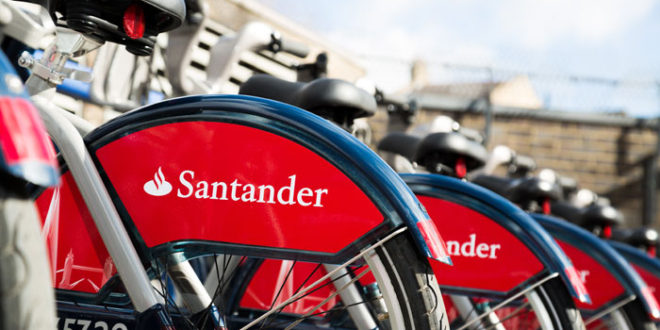Bike sharing has become increasingly prevalent over the past few years. As it continues to burgeon, the big question is whether this concept – specifically the dockless bike share – should be considered a threat or an opportunity.
Getting bums on saddles has always been a priority for the industry, which has to compete against apathy, laziness, and prejudice against cyclists, as well as facing all manner of competition be it Xboxes, buses, cars, gyms, Netflix, iPhones, not to mention concerns about road danger, sore bums and helmet hair.
Involving Generation X and millennials in cycling, therefore, has to be a fillip. But in the share society – where mobility as a service has its own acronym (MaSS), the fact that people choose to ride bikes without owning one has to be cause for concern.
Perhaps one of the biggest threats to cycling (yet also an opportunity for bike shops) is the pavement scooter. This rise has largely been down to safety matters; parents prefer their children to avoid the roads. As a result, many dockless bike share companies are also planning to drop adult scooters into metropolitan areas. While these electric scooters are not bikes, they are a natural fit for (some) bike shops. Expect a backlash, though, because e-scooters will be ridden on pavements and will inevitably irritate pedestrians. Could urban bans wipe out the putative market?
Dockless is not something that is going to disappear, but it remains to be seen whether this phenomenon will serve as a gateway for newbies to get hooked and start buying their own rides.
Of course, not having to worry about theft is a significant factor in the appeal of dockless. But if the concept truly breaks into the mainstream – creating genuine newbies – then a percentage will undoubtedly become bike shop customers. Exactly how many becomes moot.
 BikeBiz Bicycle and cycling retail news
BikeBiz Bicycle and cycling retail news




